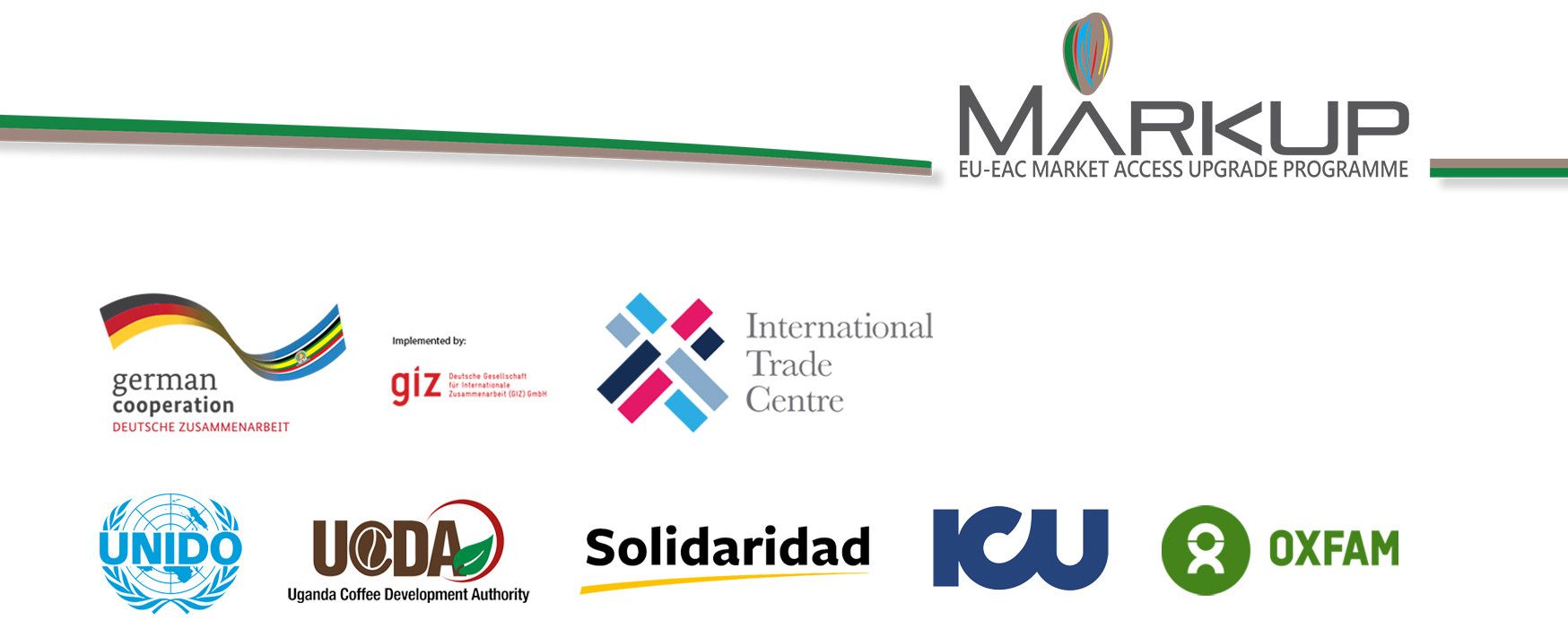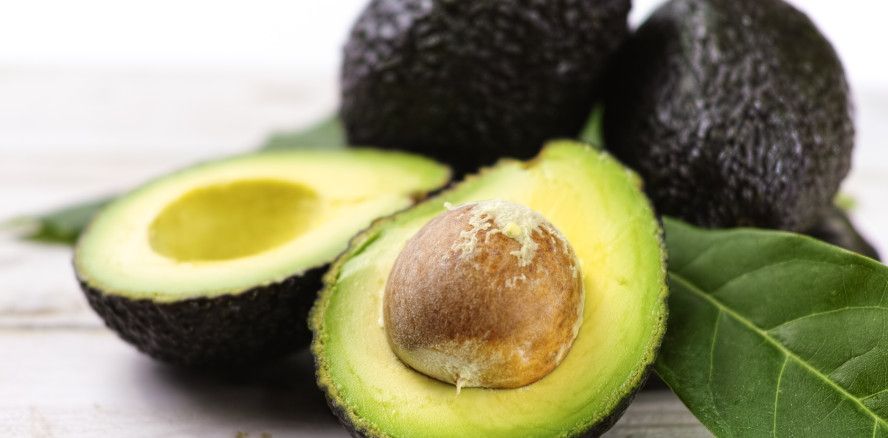
MARKUP, Growing
Agri-Export Markets
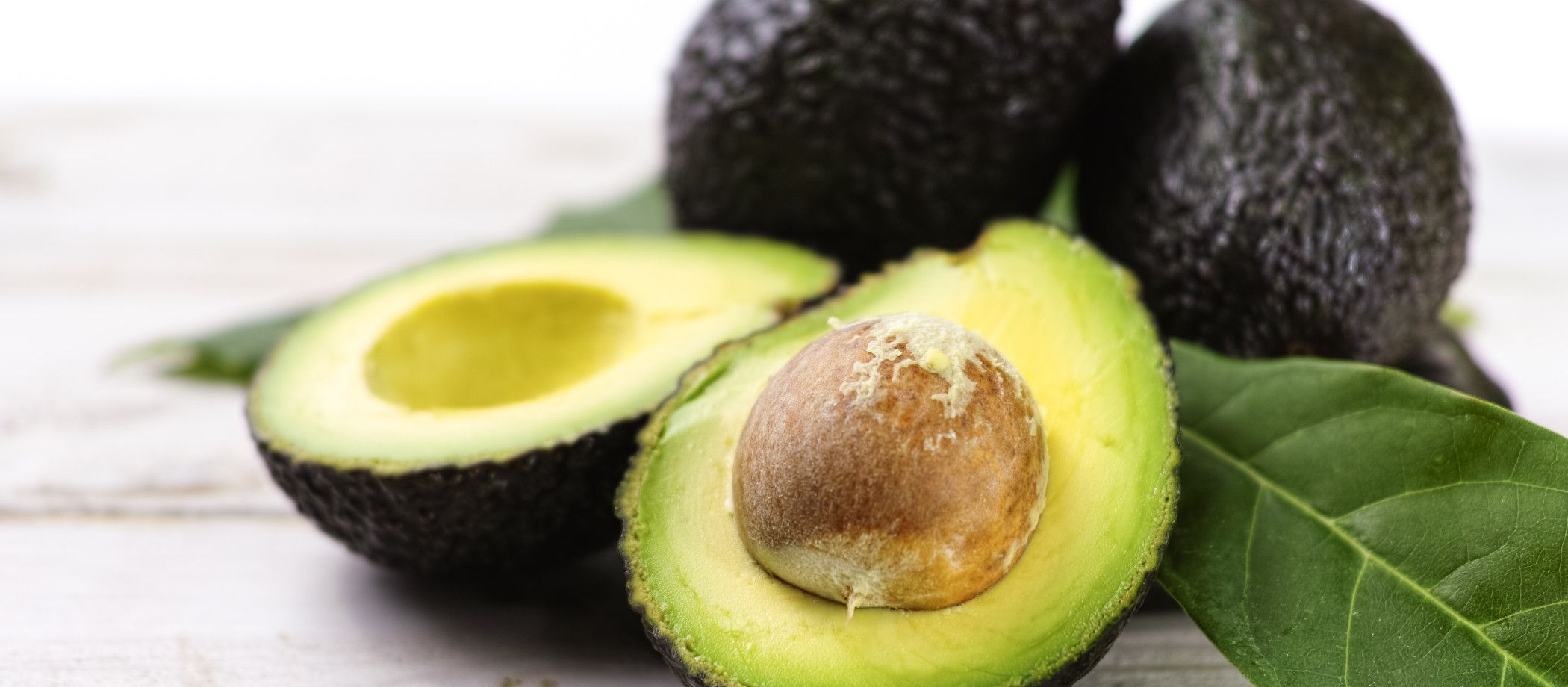
MARKUP, Growing
Agri-Export Markets
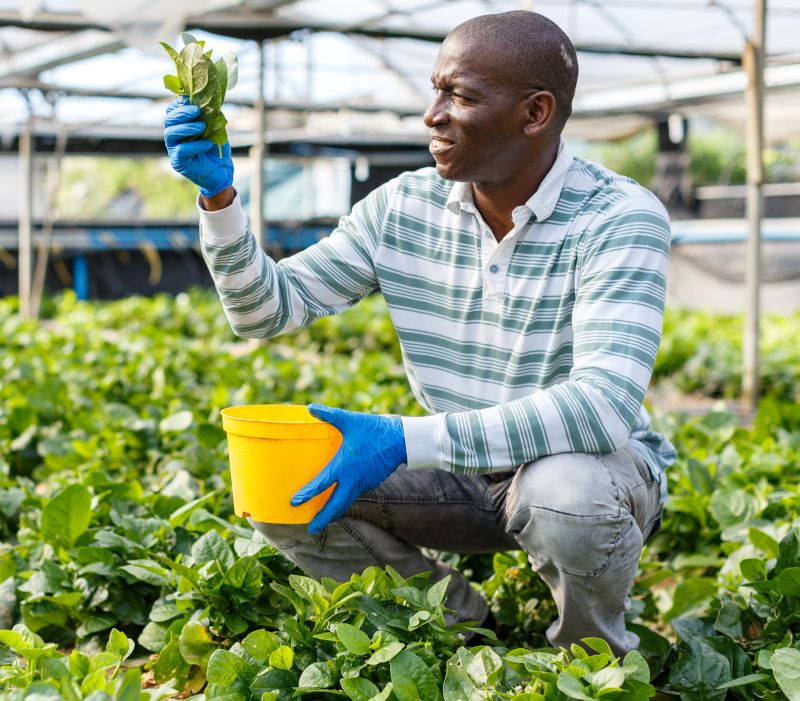
The aim of
the campaign
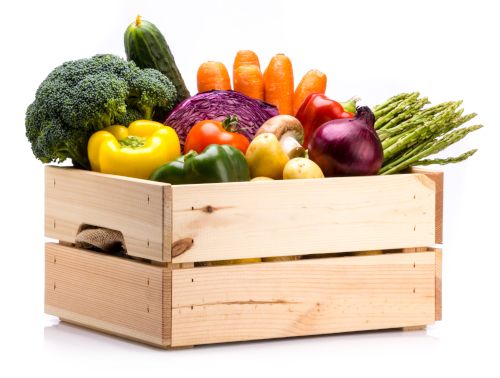
This campaign is aimed at linking small and medium-sized enterprises (SMEs) interested in exporting agricultural products within the East African Community (EAC) and beyond to market information, tools and success stories to maximise available trade opportunities.
The agri-export
potential
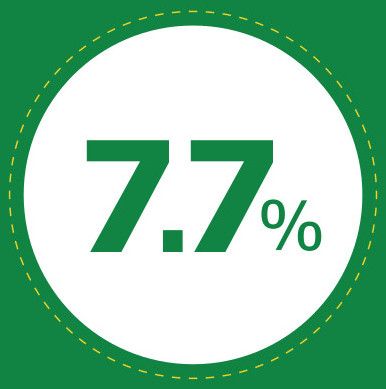

The European Commission reports that in 2021, EAC agri-food exports to the EU grew by 7.7% from the previous year.
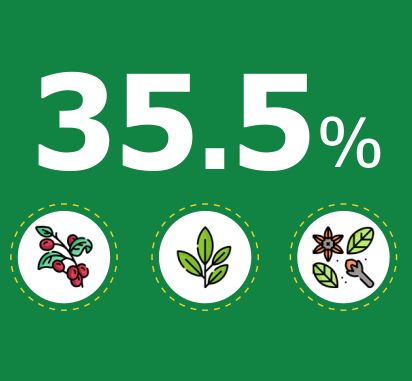

The EU’s imports of coffee, tea and spices from the EAC bloc grew by 35.5%.
Agri-export
opportunity
The World Bank predicts that Africa’s food markets could create a one trillion dollar opportunity by 2030, while the UN estimates that one in every four people will live in Africa by 2050 - a projection that presents hope that Africa’s food markets will expand significantly.
These figures shine hope for the growth of trade within the EAC region and the rest of Africa. This calls for renewed efforts in supporting exporters to identify and take advantage of market opportunities. This is why this campaign refocuses the conversation within the business community towards growing their agri-exports.
The impact of MARKUP
Since 2018, MARKUP has been working with farmer groups, SME’s, business support organizations and policy makers to improve access to market information, identify and remove barriers to trade, strengthen compliance to standards, enhance competitiveness and link exporters to buyers in the EAC region and the EU. With MARKUP support, SMEs and farmer groups have refocused their business strategies towards exports.
They have received information on international market dynamics, quality and standards requirements. Productivity and value addition has been enhanced through training and acquisition of certifications such as Global Good Agricultural Practices (GLOBAL GAP). Improved packaging and branding has put enterprises on a firm footing in the international business arena.
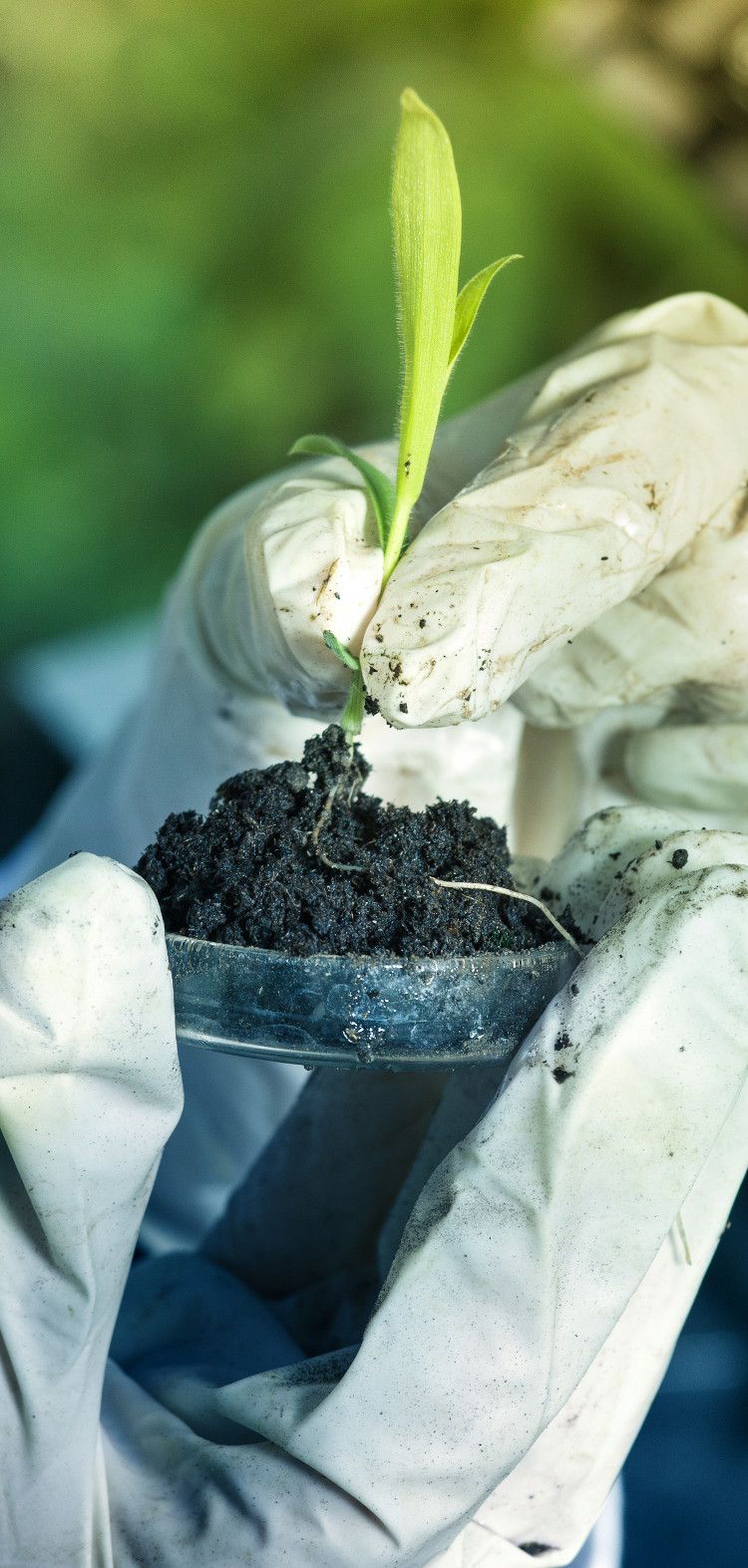
MARKUP equips laboratories to support agricultural exports in Burundi
MARKUP equips laboratories to support agricultural exports in Burundi
Burundi has the potential to produce some of the best quality tea, coffee and horticulture in the EAC. However, quality assurance services did not grow with the country’s export potential. Laboratories were ill-equipped and lacked the expertise required to run them. To fill these gaps, MARKUP provided equipment and conducted training workshops on international requirements such as ISO 17025.
ISO 17025 is a key certification for labs to ensure that competent laboratory staff operate and generate valid lab results. Laboratory technicians, quality managers and laboratory managers from the National Agricultural Research Institution of Burundi (ISABU) and other agricultural standards agencies are now better placed to provide the required services to the private sector.
Through such efforts, MARKUP contributes to a more business-friendly environment, unlocking the export potential in the agriculture sector.
Burundi has the potential to produce some of the best quality tea, coffee and horticulture in the EAC. However, quality assurance services did not grow with the country’s export potential. Laboratories were ill-equipped and lacked the expertise required to run them. To fill these gaps, MARKUP provided equipment and conducted training workshops on international requirements such as ISO 17025.
ISO 17025 is a key certification for labs to ensure that competent laboratory staff operate and generate valid lab results. Laboratory technicians, quality managers and laboratory managers from the National Agricultural Research Institution of Burundi (ISABU) and other agricultural standards agencies are now better placed to provide the required services to the private sector.
Through such efforts, MARKUP contributes to a more business-friendly environment, unlocking the export potential in the agriculture sector.
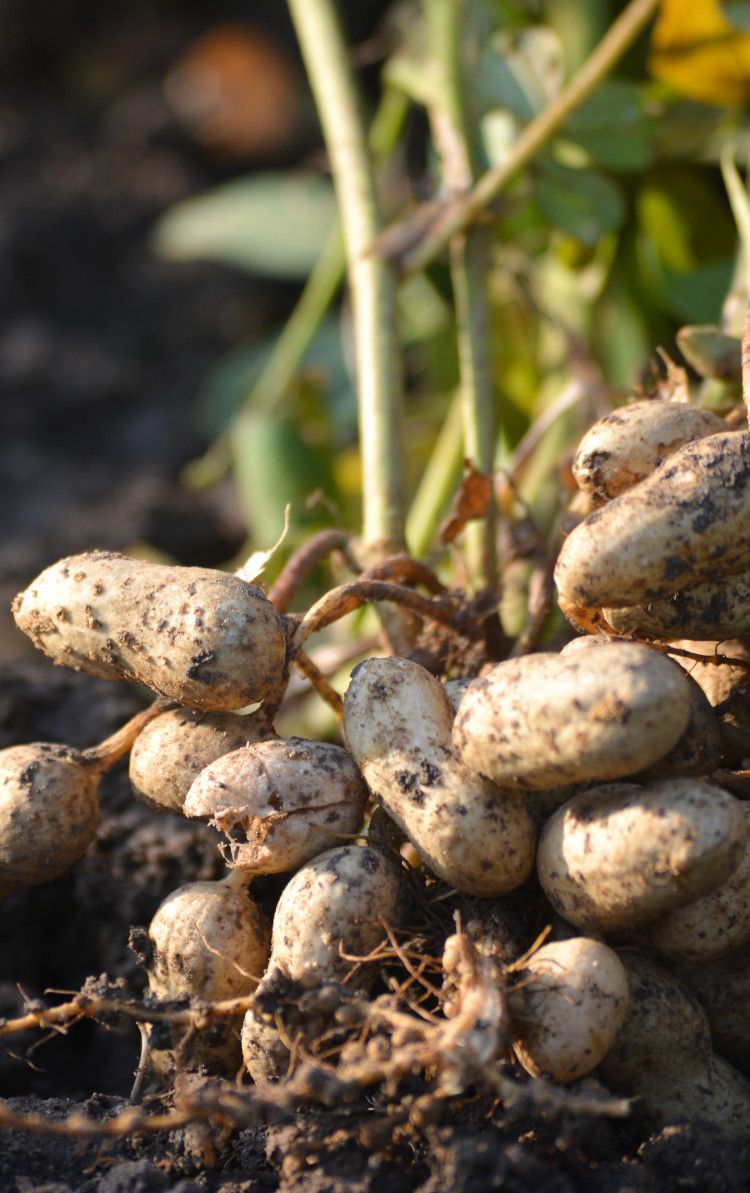
“I have renewed hope to go back to groundnuts”
Kenyan groundnut farmers linked to buyers
Kenyan groundnut farmers linked to buyers
In her first attempt at groundnut farming in 2017, Teresia Nyapol, a farmer from Kenya’s Busia County was stuck with her harvest. She recalls harvesting78 bags, each weighing 100 kilograms. However, it took her more than six months to finally get a buyer from Isibania, at the border of Kenya and Tanzania. Her story changed when she heard about MARKUP Kenya which was working to increase the market competitiveness of groundnuts, among other select products in the country. Additionally, the farmers were being encouraged to form cooperatives and source for high yielding varieties.
“I have renewed hope to go back to groundnuts,” said Teresia, adding that through MARKUP, her groundnuts now have a ready market after she was encouraged to join a cooperative. The farmer is among the 300 groundnuts farmers from Homabay, Siaya and Busia counties who were trained on food safety with a bias on aflatoxins control and management, thanks to MARKUP Kenya.
In her first attempt at groundnut farming in 2017, Teresia Nyapol, a farmer from Kenya’s Busia County was stuck with her harvest. She recalls harvesting78 bags, each weighing 100 kilograms. However, it took her more than six months to finally get a buyer from Isibania, at the border of Kenya and Tanzania. Her story changed when she heard about MARKUP Kenya which was working to increase the market competitiveness of groundnuts, among other select products in the country. Additionally, the farmers were being encouraged to form cooperatives and source for high yielding varieties.
“I have renewed hope to go back to groundnuts,” said Teresia, adding that through MARKUP, her groundnuts now have a ready market after she was encouraged to join a cooperative. The farmer is among the 300 groundnuts farmers from Homabay, Siaya and Busia counties who were trained on food safety with a bias on aflatoxins control and management, thanks to MARKUP Kenya.
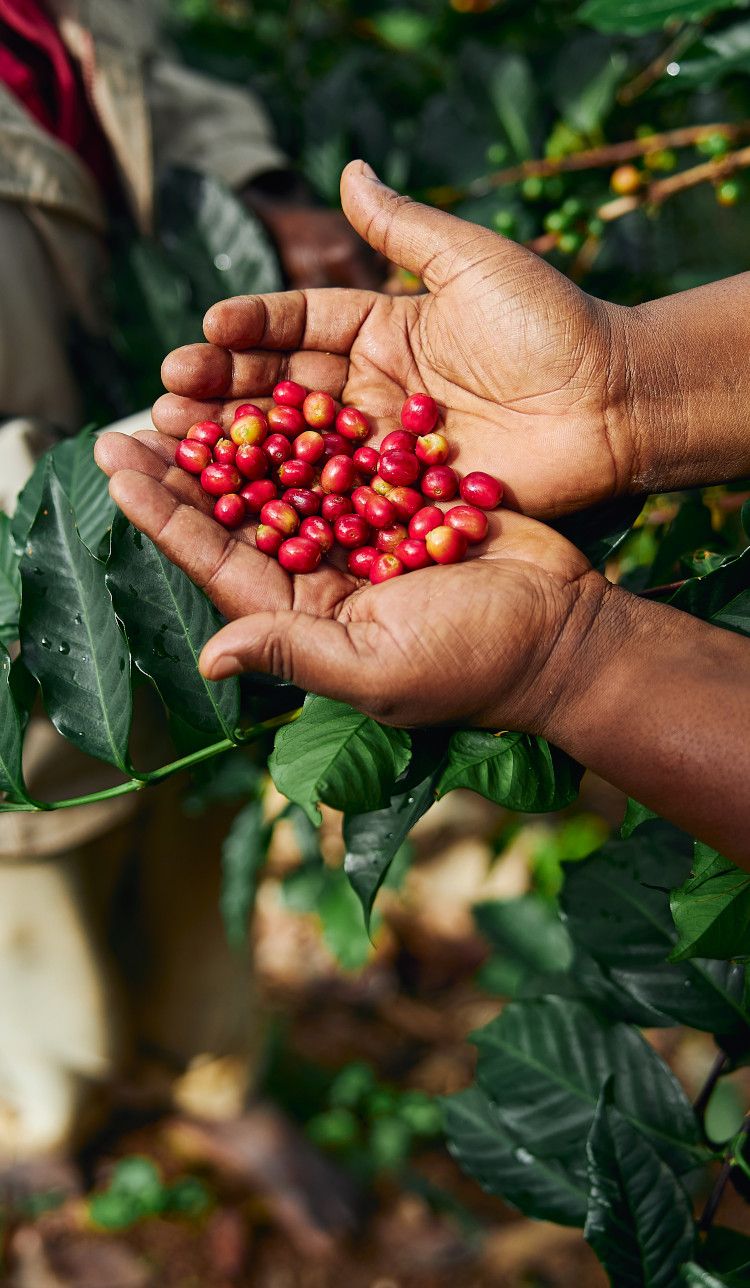
“ Our fortunes tripled from MARKUP sponsored international trade fairs.”
MARKUP Sponsored International Trade Fairs
MARKUP Sponsored International Trade Fairs
During the Rwandan genocide, Agnes Mukamushinja saw the destruction of coffee trees that her father had spent 50 years tending to. The remaining trees were of low quality and all coffee was being processed as semi-washed.
NOVA Coffee, a company which she started with her husband in 2015 to revitalize what had once been a thriving sector in the country, faced challenges such as getting the right seedlings, tending to the coffee trees, harvesting and marketing.
“MARKUP enabled us to distribute about 200,000 coffee trees plus shade and tropical fruit trees to all coffee farming communities every year through our NOVA SAWA project,” Agnes says, adding that the programme has also provided training and financial assistance to the project, enabling NOVA Coffee to participate in international trade fairs, expanding its exports.
During the Rwandan genocide, Agnes Mukamushinja saw the destruction of coffee trees that her father had spent 50 years tending to. The remaining trees were of low quality and all coffee was being processed as semi-washed.
NOVA Coffee, a company which she started with her husband in 2015 to revitalize what had once been a thriving sector in the country, faced challenges such as getting the right seedlings, tending to the coffee trees, harvesting and marketing.
“MARKUP enabled us to distribute about 200,000 coffee trees plus shade and tropical fruit trees to all coffee farming communities every year through our NOVA SAWA project,” Agnes says, adding that the programme has also provided training and financial assistance to the project, enabling NOVA Coffee to participate in international trade fairs, expanding its exports.
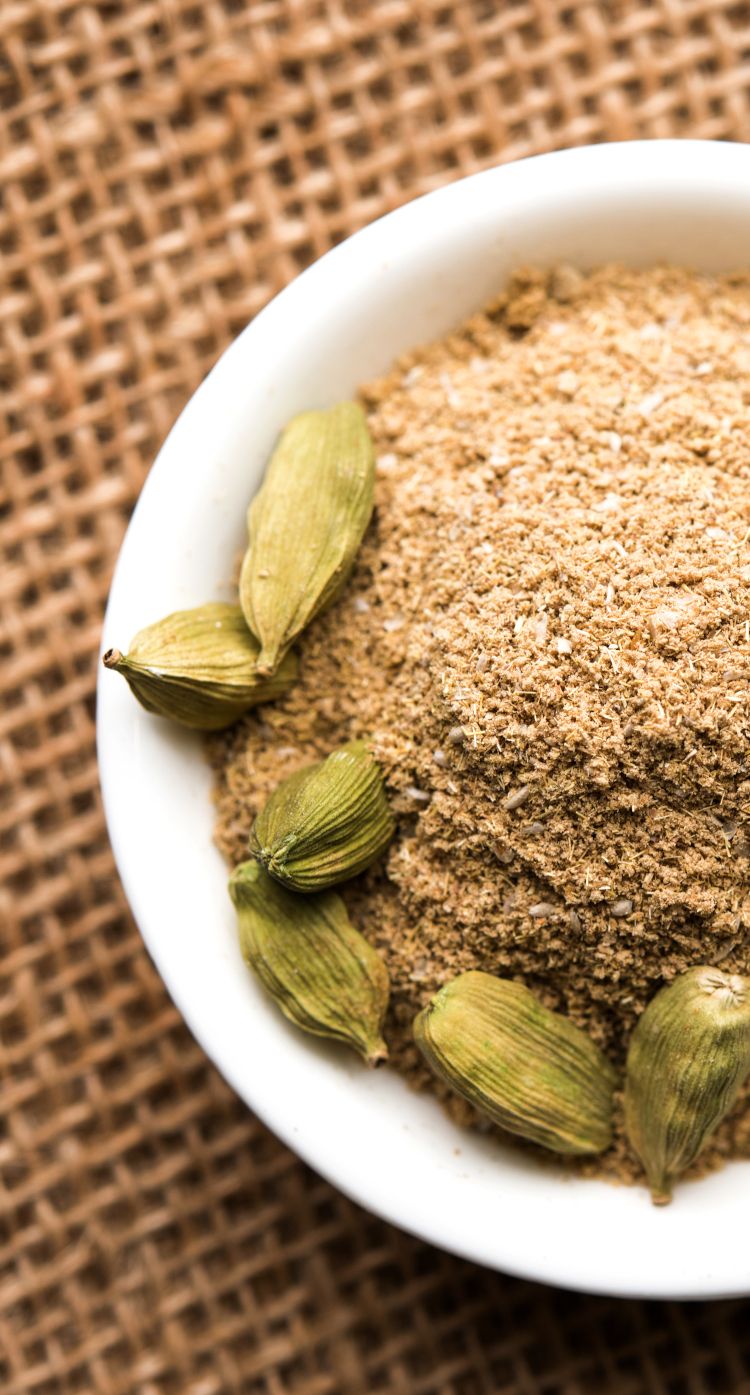
MARKUP transforms spice company in Tanzania
MARKUP transforms spice company in Tanzania
Initially, Viridium TZ Ltd, a spices company in Morogoro, Tanzania only did pulses. Today, the company has not only expanded its operations, but has also become one of the largest cardamon processor in East Africa, thanks to the support and exposure through MARKUP.
Viridium TZ Ltd started engaging with MARKUP in 2018. The company was considering moving into cardamon as global demand remained high, but production had plunged significantly. MARKUP brought international experts in cardamon to train interested producers in Tanzania, and organised other events to bring them face to face with buyers.
Viridium staff attended various trade exhibitions in France and Germany, during which new business partnerships were forged. Expertise was provided to refocus the company’s business strategy towards exports, including training farmers in Good Agricultural Practices and advice on the right machinery. Today, Viridium TZ Ltd does up to 750 tonnes a year - a major break-through after two years in the value chain - and exports spices mainly to the EU and the Middle East.
Initially, Viridium TZ Ltd, a spices company in Morogoro, Tanzania only did pulses. Today, the company has not only expanded its operations, but has also become one of the largest cardamon processor in East Africa, thanks to the support and exposure through MARKUP.
Viridium TZ Ltd started engaging with MARKUP in 2018. The company was considering moving into cardamon as global demand remained high, but production had plunged significantly. MARKUP brought international experts in cardamon to train interested producers in Tanzania, and organised other events to bring them face to face with buyers.
Viridium staff attended various trade exhibitions in France and Germany, during which new business partnerships were forged. Expertise was provided to refocus the company’s business strategy towards exports, including training farmers in Good Agricultural Practices and advice on the right machinery. Today, Viridium TZ Ltd does up to 750 tonnes a year - a major break-through after two years in the value chain - and exports spices mainly to the EU and the Middle East.
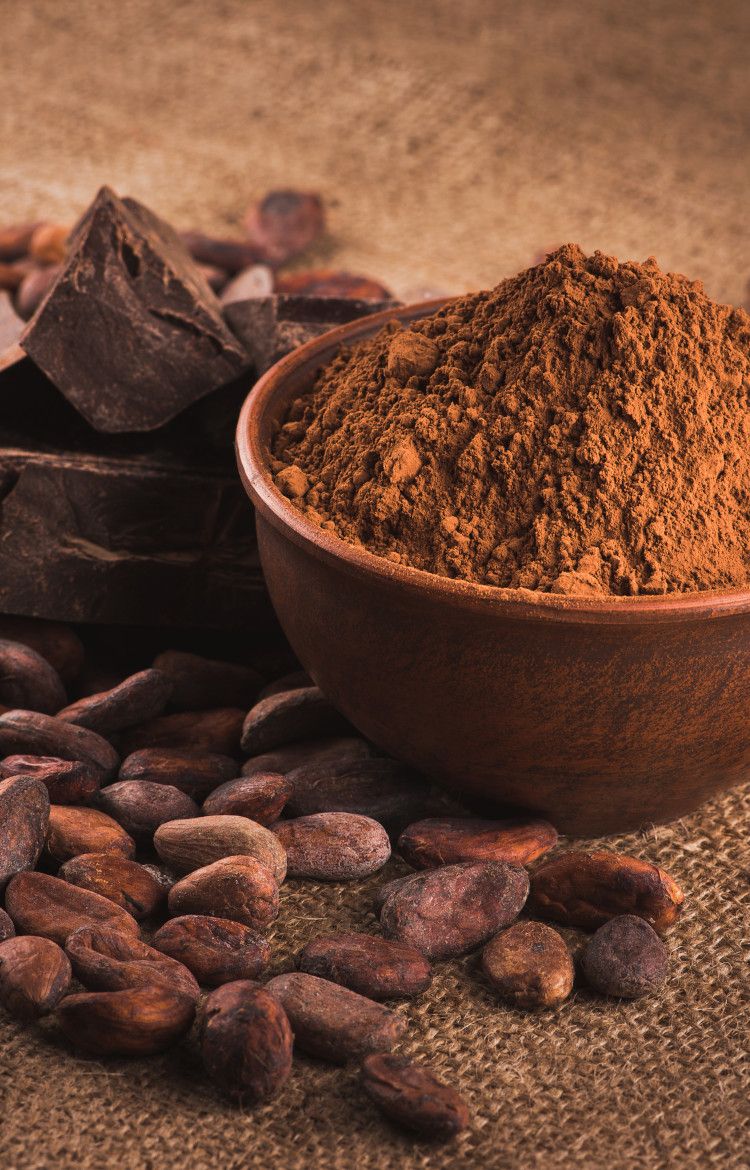
"Chocolate made in Uganda?"
"Why not?"
Making Chocolate in Uganda
Making Chocolate in Uganda
This is the new enthusiasm among Ugandan SMEs in the coffee value chain. These SMEs are leading the way in exploring value addition on agri-export products for juicier deals.
In one of the trainings that MARKUP organized in Uganda, participants learnt the chocolate making process with step-by-step instruction on sourcing cocoa, storage, cleaning to roasting, cooling, packaging, marketing, tasting and finally selling to consumers.
Attending the training, a representative of Ugandan-based AINEA & Sons, an enterprise that benefitted from MARKUP’s Matching Grant Scheme (MGS), said, “I learnt the importance of Hazard Analysis Critical Control Point (HACCP) certification for aspects of business; focusing on good quality product can help us comply with export requirements to sell at better prices.”
This is the new enthusiasm among Ugandan SMEs in the coffee value chain. These SMEs are leading the way in exploring value addition on agri-export products for juicier deals.
In one of the trainings that MARKUP organized in Uganda, participants learnt the chocolate making process with step-by-step instruction on sourcing cocoa, storage, cleaning to roasting, cooling, packaging, marketing, tasting and finally selling to consumers.
Attending the training, a representative of Ugandan-based AINEA & Sons, an enterprise that benefitted from MARKUP’s Matching Grant Scheme (MGS), said, “I learnt the importance of Hazard Analysis Critical Control Point (HACCP) certification for aspects of business; focusing on good quality product can help us comply with export requirements to sell at better prices.”
The heart of
the campaign
Interested to expand your agri-exports?
Interested to
expand
your
agri-exports?
Are you an SME starting on the export journey? Are you an exporter seeking to expand your markets? Join this conversation and learn from other business leaders and experts. Freely access resources and online portals.
Visit www.eacmarkup.orgFollow us on Twitter @EACMARKUP and get connected.
Are you an SME starting on the export journey? Are you an exporter seeking to expand your markets? Join this conversation and learn from other business leaders and experts. Freely access resources and online portals.
Visit www.eacmarkup.orgFollow us on Twitter @EACMARKUP and get connected.
Its contents are the sole responsibility of MARKUP and do not necessarily reflect the views of the European Union.
